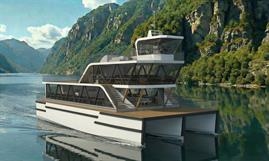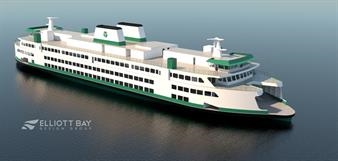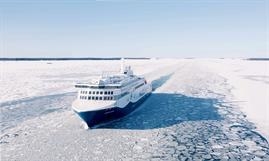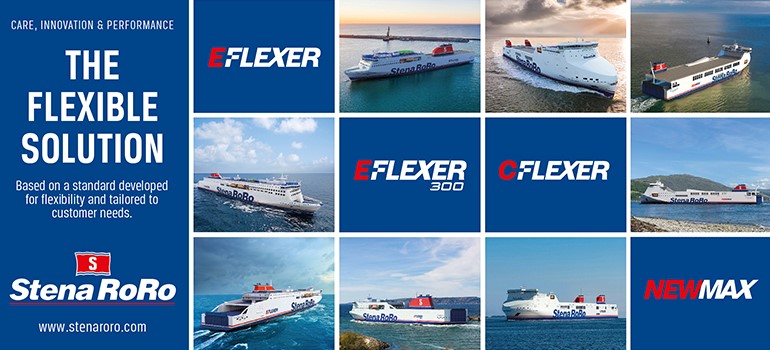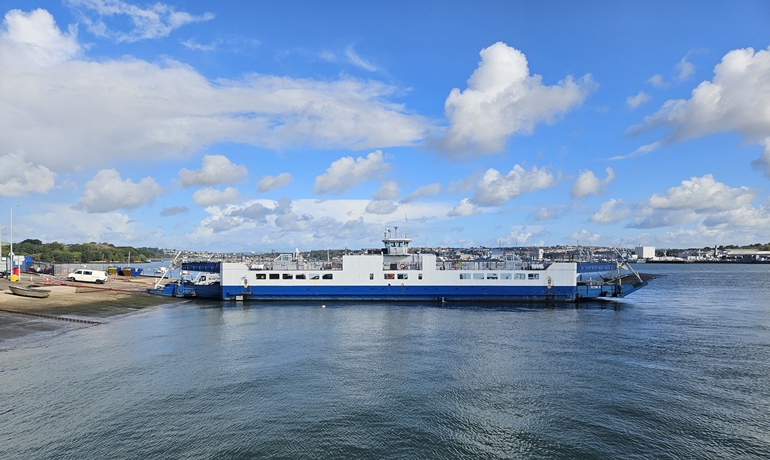
Torpoint “Bridge to Zero” to deliver UK’s first zero-emission chain ferry plan
FerryA project to cut carbon emissions from the world’s busiest chain ferry service is underway in Cornwall and Devon. The Torpoint “Bridge to Zero” initiative aims to create a practical, fully costed plan to convert the Torpoint Ferry fleet from diesel power to 100% shore-supplied renewable electricity.
If successful, the scheme could serve as a model for similar short-sea crossings in the UK and overseas, showing how essential transport links can operate without fossil fuels.
Moving Toward Zero Emissions
The Torpoint Ferries operate continuously across the River Tamar between Torpoint and Devonport, carrying more than 3 million vehicles and 400,000 pedestrians each year. The service, managed by Tamar Crossings and jointly owned by Cornwall Council and Plymouth City Council, is the busiest chain ferry operation in the world.
The “Bridge to Zero” project will explore the engineering, financial, and operational steps needed to replace fossil fuels with clean electricity. The transition could reduce annual carbon emissions by up to 1,000 tonnes across the fleet.
Funded Through National Clean Maritime Programme
The Department for Transport has awarded GBP 300,000 to the project through the UK Shipping Office for Reducing Emissions (UK SHORE) Clean Maritime Demonstration Competition. The funding forms part of the government’s wider GBP 448 million investment in decarbonising sea travel and supporting clean maritime growth.
The work is being delivered by a consortium including:
- Marine Zero – leading the project, charging infrastructure and cost modelling
- Tamar Crossings (Torpoint Ferries) – operational management and vessel access
- University of Plymouth – data collection and analysis
© Shippax
okt 15 2025


